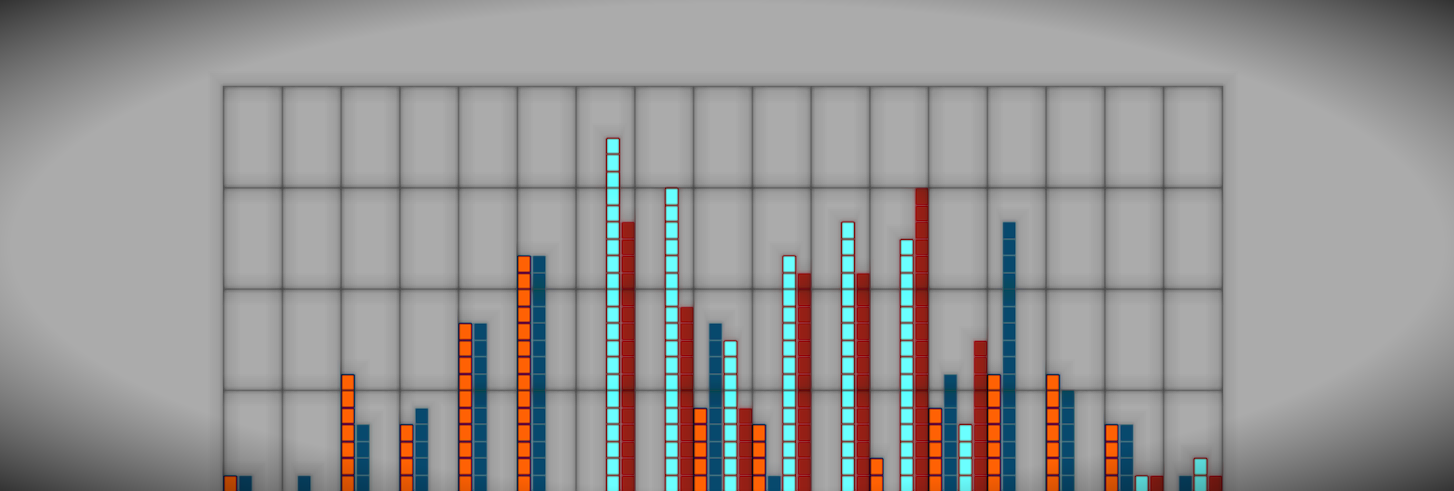


The forex market is a notoriously risky place, yet the fast paced environment and potential for lucrative returns brings in thousands of new traders every year.
For those of us who are a little more risk averse, trading isn't the only way to get in on the action. There are ways to get involved in this fast-growing industry without taking on the inherent risks that go with speculative trading.
Affiliates refer clients to brokers through advertisements. Affiliates receive a commission on each referred client who opens an account. Commission is paid per referral or as a flat fee per trade. However, to become a successful affiliate you generally need a high traffic website or a large network of contacts that want to become traders. As an affiliate you are looking to refer as many clients as possible and earn a small commission from each account. (You can find a good overview of affiliate programs here.)
An introducing broker (IB) is one step up from an affiliate. As an IB, you would act as a middleman between the client and broker offering services such as trading tools or education to the client in return for a portion of the spread from the broker. You will have to register with the National Futures Association (NFA) and pay a $200 application fee and $750 in membership dues per year, but you are able to charge your own fees in addition to the spread. IBs frequently look for clients trading larger accounts because IBs are compensated based on the size of their clients’ orders.
As the retail forex industry grows and develops, there is an increasing demand for individuals experienced in the forex market. Many smaller firms are trying to establish themselves as authorities in their field through blogs and newsletters. While this assumes you are already knowledgeable in forex, many sites are looking for new writers and willing to compensate good, knowledgeable writers for their content (If only that was the case with this blog!).
If you are an experienced programmer there is a large demand from individual traders looking to have their strategy coded. This may require you to learn a new programming language, such as MQL4 or EasyLanguage, but these are very similar to C based languages and are not difficult for experienced programmers to pick up. Becoming a system developer allows you to establish long-term relationships with traders and charge sizable fees for your services. You will also gain insight into trading strategies and build up a code base you could eventually use for your own investments.
As I mentioned in a previous article, if you have some money to invest but aren't confident in your trading abilities you can follow the trades of professional traders or automated programs. You can find traders or programs you trust and you can even diversify over a range of individuals and strategies. You will have to put in the due diligence to make sure the trader or automated program fits your investment criterion, but this can be a viable option if you want to get involved in the market without learning how to trade.
There are many different ways to get involved in the forex market without actually trading. Whichever method you choose, you will have to spend the time becoming knowledgeable in your field, but these different options are substantially less risky than becoming a trader and could potentially be just as profitable. The forex market is an exciting fast-paced environment that shouldn't be reserved for only those risk-taking day traders or multi-million dollar institutions.
Come get a piece of the action.